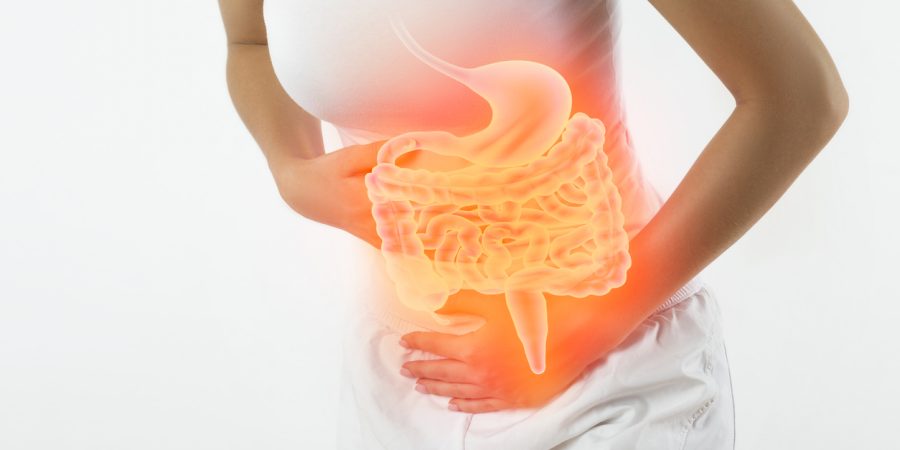Overview
Irritable bowel syndrome (IBS) is a common chronic and reoccurring gastric condition involving a range of symptoms without obvious cause. Typically, these include intermittent abdominal pain/cramps accompanied by alternating diarrhoea and constipation, gas and bloating. For some, IBS is consistent and daily, for others unpredictable between good and bad days.
An IBS diagnosis often proceeds conventional tests which indicate that the digestive system and colon as normal. For this reason, it is referred to as a Functional Gastrointestinal (GI) Disorder. There is currently no standard criteria for diagnosis, but more a process of elimination of other gastrointestinal concerns. IBS may also be diagnosed via assessment of symptoms.
Post Infectious IBS
Research shows there is an increased risk of post-infectious IBS developing post food poisoning, traveller’s diarrhoea, or acute bacterial gastroenteritis. Many cases of post-infectious IBS may actually be Small Intestinal Bacterial Overgrowth (SIBO).
IBS can affect both adults and children and tends to affect more women than men.
Causative factors
There is increasing evidence that the GI symptoms experienced in IBS may be due by one of more of the following:
- Abnormalities in gut motility
- Improper functioning of the immune system (over or under active)
- Changes in gut microbiome
- Minor increases in bowel inflammation (a bodily response to protect us from infection),
- A change in central nervous system’s interpretation of painful signals coming from the gut.
- Stress and anxiety
- Food intolerance
- Small Intestinal Bacterial Overgrowth (SIBO) – approximately 75% of IBS sufferers have this condition contributing to their IBS. SIBO is not routinely tested on the NHS.
Associated IBS Conditions:
Whilst not always obvious, IBS and gut dysregulation can have association with co-existing conditions.
- Autoimmunity
- Histamine Intolerance
- Fibromyalgia
- Interstitial Cystitis
- Mast Cell Activation
- Unexplained Illness.
This list is far from exhaustive!
How do we understand your IBS? Functional Tests
I have patients who describe their IBS as totally debilitating, impeding daily activity and quality of life. They describe increased anxiety, concerns around leaving home, social anxiety, fear of not being near a toilet and general exhaustion from living in pain with chronic illness.
I work with revolutionary functional testing to identify potential contributing factors to an individual’s IBS. Testing allows us to understand and address what is driving your IBS. I have a wealth of expertise interpreting and understanding test results from which I formulate a personalised intervention plan including appropriate dietary modification, therapeutic supplement recommendations, attention to eating habits and lifestyle factors.
Functional test options include:
- Comprehensive Stool Analysis with or without parasitology
- Small Intestinal Bacterial Overgrowth (SIBO) breath testing
- Lactose Intolerance breath testing
- Organic Acid Testing
- Food Intolerance and Allergy Testing
- Coeliac Disease testing
- Advanced Gut Barrier Assessment and Intestinal Permeability testing (leaky gut)
Intervention Consideration
Diet tends to play a large role in IBS but understanding which diet or which foods to reduce or avoid can be a minefield when trying to work it out alone using guess work. I’ll explain, guide and support all dietary recommendations. Low FODMAP works wonders for some, others experience beneficial change simply removing dairy or gluten. It’s down to unique needs, functional test results and realistic goals. Supplement recommendations in conjunction with dietary modification optimise progress. Suggestions are made based on test findings, symptoms, bowel motility and nutritional need.
Finally, lifestyle implications: mindful eating, stress management, exercise, breathing techniques & simply being kind to yourself all contribute to better health.




